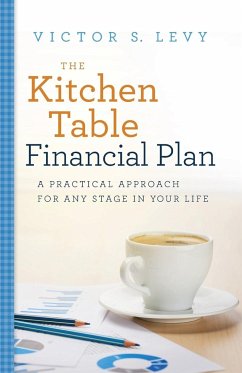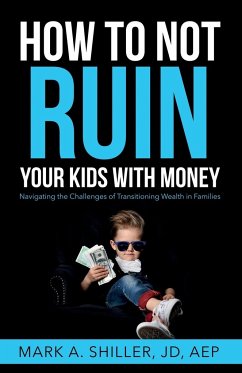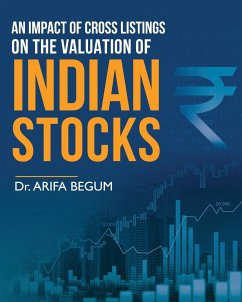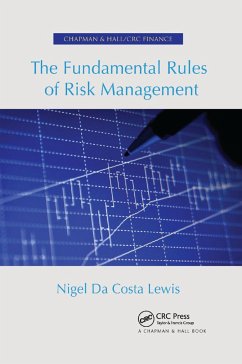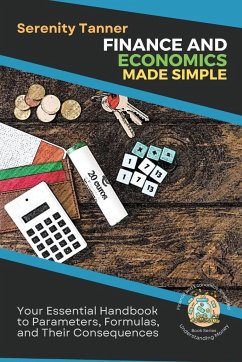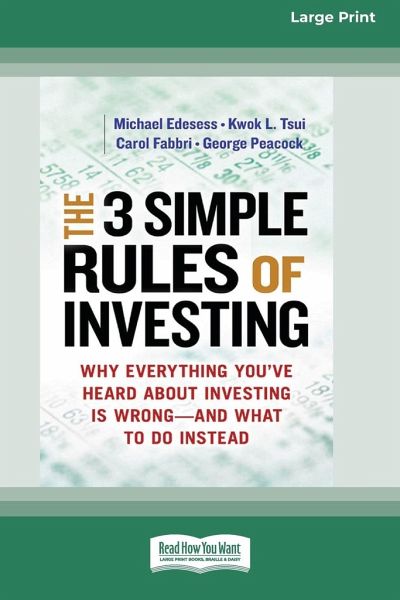
The 3 Simple Rules of Investing
Why Everything You've Heard about Investing Is Wrong âEUR" and What to Do Instead [16 Pt Large Print Edition]
Versandkostenfrei!
Versandfertig in 1-2 Wochen
26,99 €
inkl. MwSt.
Weitere Ausgaben:

PAYBACK Punkte
13 °P sammeln!
Managing your money can be stressful. And confusing and complicated advice from the financial industry just makes it harder. But as the authors of this clear, practical, and enlightening book - part financial guide, part exposé - prove, there are just three simple rules you need to follow and only a few investment products that are necessary for an ideal portfolio. That's it. And the authors dispense with all that ''expert'' advice by deftly debunking what they call investing's Seven Deadly Temptations. By embracing commonsense solutions and rejecting investments that seem enticing but are ne...
Managing your money can be stressful. And confusing and complicated advice from the financial industry just makes it harder. But as the authors of this clear, practical, and enlightening book - part financial guide, part exposé - prove, there are just three simple rules you need to follow and only a few investment products that are necessary for an ideal portfolio. That's it. And the authors dispense with all that ''expert'' advice by deftly debunking what they call investing's Seven Deadly Temptations. By embracing commonsense solutions and rejecting investments that seem enticing but are needlessly complex, overpriced, and risky, you'll put not only yourself in a stronger position but the entire economy as well.




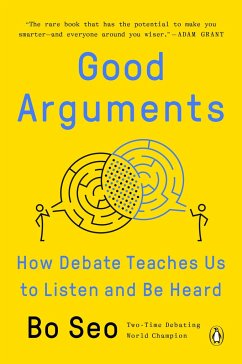
![Rethinking Money [Standard Large Print 16 Pt Edition] Cover Rethinking Money [Standard Large Print 16 Pt Edition]](https://bilder.buecher.de/produkte/62/62910/62910659n.jpg)

